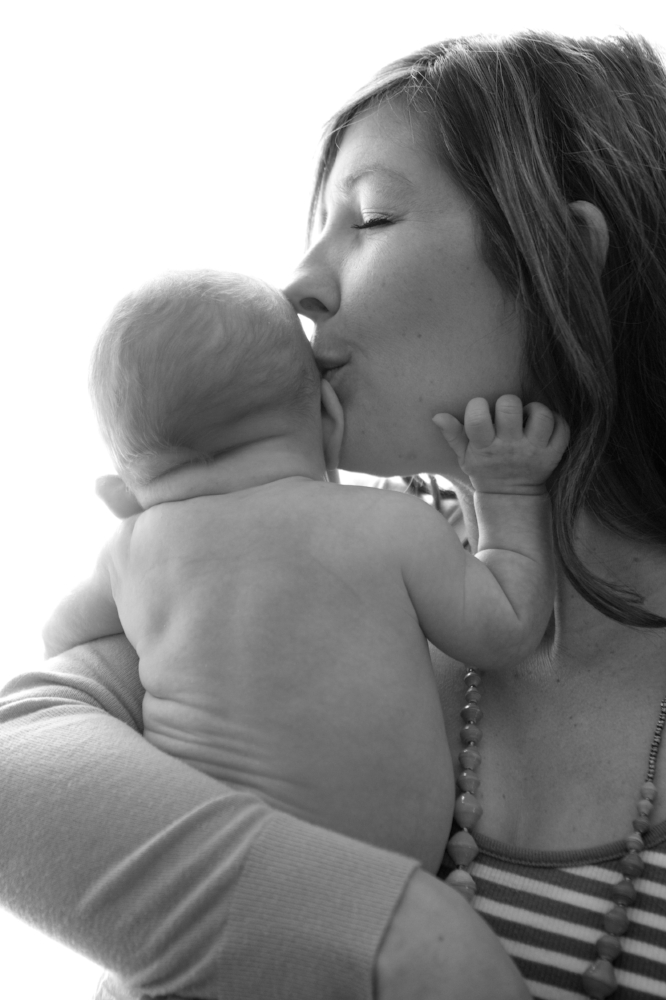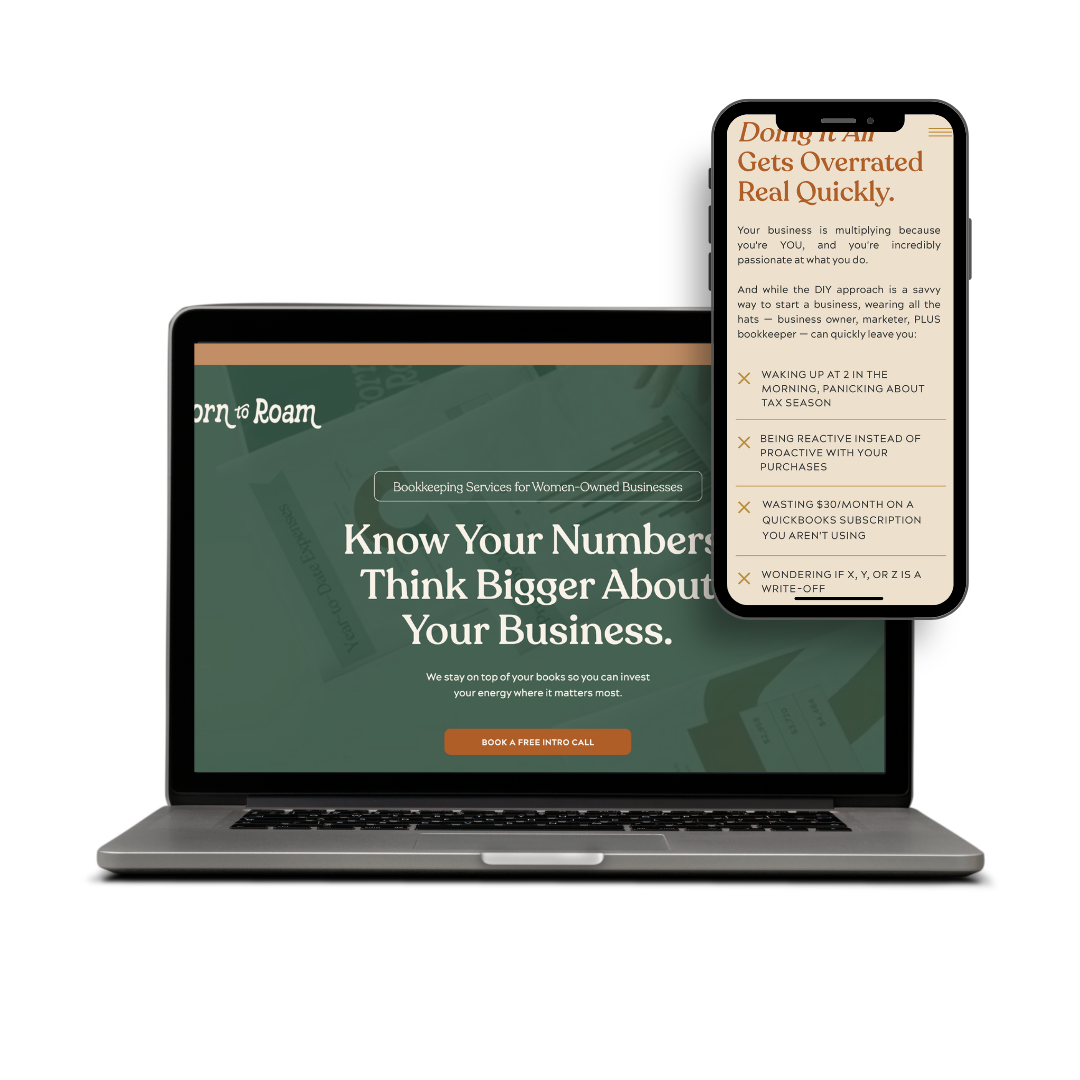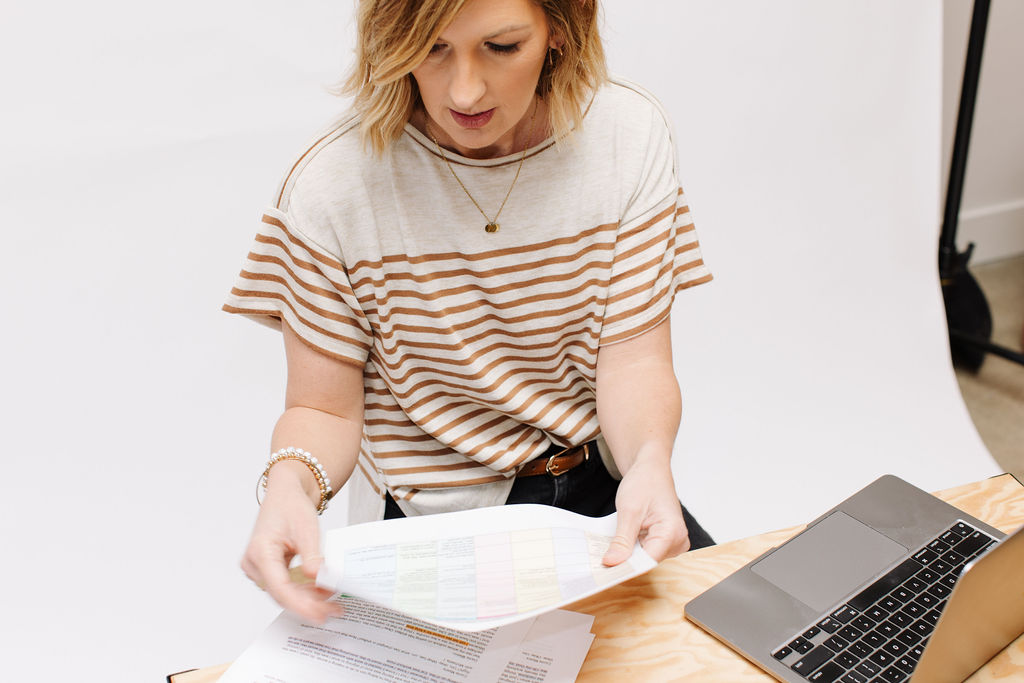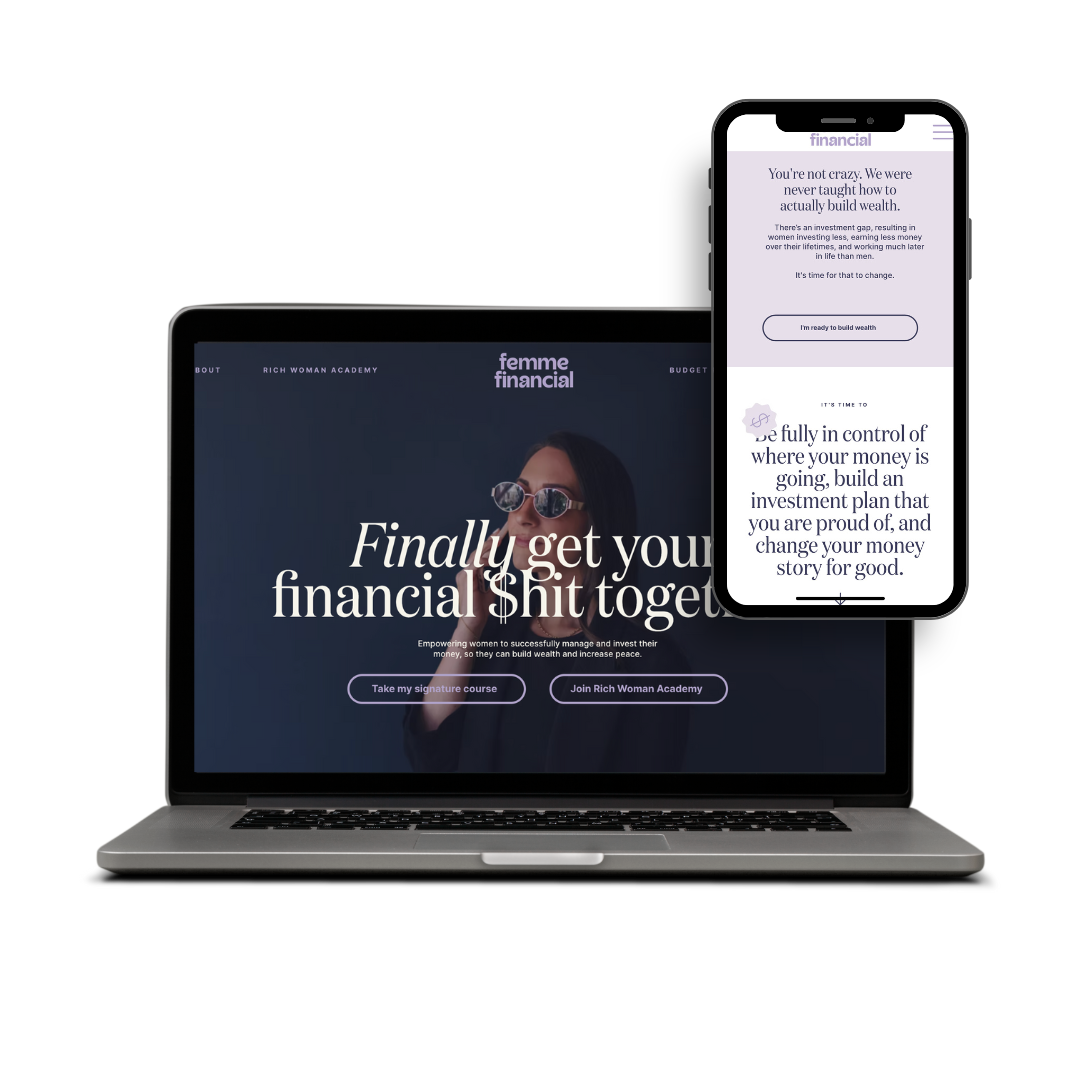Photo Credit: Rian Otto
Ever since I became a parent I’ve looked at my students in a new way. When I was pregnant with Will, my friend and colleague, Shannon, said this would be true. I didn’t quite believe her until it happened. The thing is, I have always loved my students. I thought about them on my drive home and when I woke up, worrying about their success and how I could empower them to see their own potential. But they were always independent entities left in my care.
But when I had Will, my view of them shifted. Instead of being kids that I was responsible for or in charge of, I saw them as some mama’s baby. They were 6 foot basketball players and they were also newborns swaddled up, handed off in a football hold from their mama to me. Some mama’s baby who was outside of her arms and in my classroom, trusting that I was going to take care of him or her the way I would my own. They were not my kids that I was in charge of; some other mom had birthed and raised them, taught them how to eat with a spoon and how to say they were sorry. They were someone else’s life’s work, someone’s entire world.
—
Last summer I was given How to Raise an Adult by a good friend of ours and I read it voraciously. Or rather, last summer I took a class from Julie Lythcott-Haims on overparenting and the college admissions stress and how desperately our kids need educators and parents to come together. I studied that book like the Bible, underlining, dog-earing, commenting in the margins. I texted pictures to my friends with young kids, imploring them to get the book. I also emailed pictures to my boss and said he needed to read this book. (He did.)
To be fair, I get like this when I’m excited. I get wrapped up into a book or a concept and I take on the role as primary messenger of said gospel. I add more copies of this book to my Amazon cart then I probably should because you just NEVER KNOW when you might need to hand someone a copy of say, Thrive, Outliers, Daring Greatly, etc. You get the picture.
But this one was different. As a new mom, I loved getting a lesson on when I should let my kid dress himself, take on little chores, etc. (The rule of thumb is if they can do it themselves, let them do it themselves every time. Chores for the win.) I loved learning ways in which Kasey and I can train our child to become an adult someday.
However, this book was different because I wasn’t just reading this book as a parent, I was reading it as a high school English teacher. As high school teachers we often feel the pressure to make sure our students are prepared for their post-secondary options. There’s an added weight to simply teaching the curriculum we’ve been tasked to teach; we need to make sure they get in.
It’s a tension I have simply become accustomed to. However, the reality of reading this book meant that I couldn’t un-know what I had learned about the systematic failures of education and just keep going. I can read this as a parent and jot down notes and pretty much keep that to my husband and I. But as a teacher, I knew that this had different ramifications.
So I called our PTSA President. I knew her as the mother of one of my students, but that was the extent of our relationship at the time. But our PTSA runs like a Fortune 500 Event Coordinator company, so I thought she’d be a good place to start. From there, she became a messenger of How to Raise an Adult herself. She read the book in, like, a day, and recruited another one of the PTSA VIPs to go see Julie Lythcott-Haims in person. They were moved and challenged.
Together, we decided to start a Parent/Staff Book Club. Our hope was that if we could get the content of this book, even parts of it, in the hands of our parents and our staff, then we could start changing the conversations. We didn’t expect to figure it out in one sitting. We simply wanted to start the conversation about the tough realities of our well-intended efforts to help our students succeed that leave them lacking the independence and resolve to be successful adults.
Our first book club event had over 60 parents and staff in attendance. It was obvious that we all are united in our desire to become better at what we do. As an outpouring of our conversations, one parent even decided to put on a cooking class for our students, utilizing her background in nutrition and desire to help our students learn life skills.
While that book club was a great experience in and of itself, what I love about it even more is that it built a formidable bridge between our parents and staff. It can be easy to hear from a parent in an email or listen to a teacher in their ten minute spiel on Back to School Night and make simplistic assumptions. But they are just like me, wanting the best for their baby who happens to be a gangly 15 year old, and they’re trying to figure out how to both love them and let them go.
When we can look each other in the eye and listen to each other’s stories, learn about their kids outside of the classroom and share about our own, we get to experience something far more powerful. We build a community together. A community of adults with the common goal to try as hard as we can to raise thriving adults. In Brené Brown’s book, Rising Strong, she talks about the research she conducted that led her to the conclusion that we’re all doing the best we can. I believe this is true for us as parents; we’re all making game-time decisions as best we can. The recognition that we can’t do it alone enables us to work alongside one another to help our students do far more than they thought was possible. I want nothing more for my baby and theirs too.
hey, i'm corrie!
I help people-driven companies, large and small, connect with their kind of people with brand voice strategy + personalized copy. A believer in public schools and Ted Lasso, I love getting to champion the best version of your brand.



